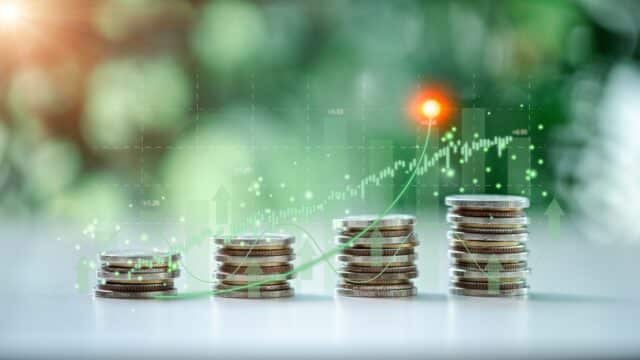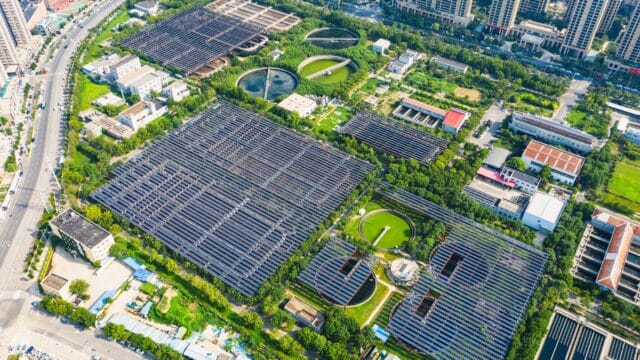Articles
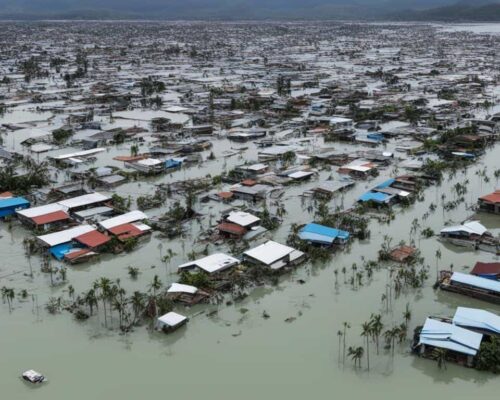
Climate Change in the Philippines and Its Far-reaching Impacts
The Philippines is ranked as one of the most climate-vulnerable countries in the world. Climate-driven events like extreme weather and coral bleaching will significantly impact the country's economy and local livelihoods in the coming decades. The government must implement resilience strategies in the near term.

The Issue with Japan’s ESG Reporting
Japan has been struggling to catch up with the EU and the US in corporate ESG reporting standards. Progress is being made, but several problems still need to be addressed, including an over-reliance on fossil fuels in its power generation mix and a governance problem that seems hard to address.

Is Steel Bad For The Environment? A Look At Nippon Steel
The vast majority of Japanese steel is produced with coal blast furnaces. This does not align with domestic or international decarbonisation goals. As the market leader of Japan's steel industry, Nippon Steel needs to reassess its decarbonisation strategy. It currently falls short with ongoing coal investments and reliance on untested low-carbon production technology.
Could the Rise of Vacuum Gas Oil (VGO) Signal the Fall of Oil?
Vacuum gas oil (VGO) is a mix of hydrocarbons produced during the extraction of crude oil. Over several years, the use of VGO has skyrocketed, a sign that the oil industry to fighting to squeeze every bit of efficiency out of their extraction processes.
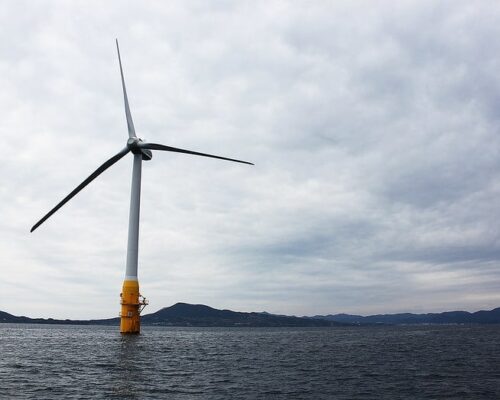
Japan’s Offshore Wind Revolution
Surrounded by windy oceans, Japan has tremendous offshore wind potential. For Japan to reach its 2040 offshore wind target, it would need 22,500 wind farms the size of Goto City’s. If the amendments in parliament are passed, Japanese wind manufacturers can export their technology to wind markets abroad. In that case, Japan will have no reason to continue its false solutions of ammonia co-firing and fossil fuel investments.
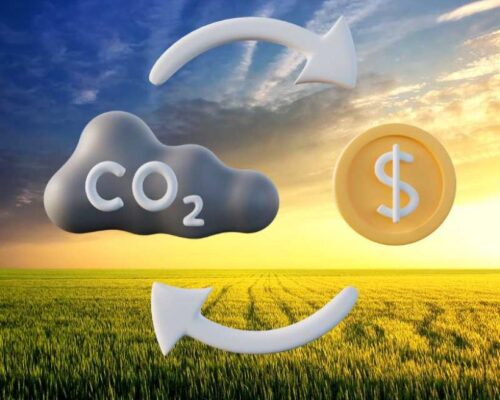
How To Sell Carbon Credits
Selling carbon credits is a critical part of the credit lifecycle. It provides a pathway for carbon sequestration projects to generate income, allowing further carbon offset development and incentivising market growth. The voluntary carbon credit market is expected to increase substantially in the coming decade.

Embrace Solar Power and Beat Heatwaves
Amid scientists’ warnings that heatwaves will become more common and severe, solar power is proving a saving grace by helping reduce emissions and ensuring reliable and affordable energy when power systems crumble under the increased demand.

Japan’s Steel Industry: A Laggard For Decarbonisation
Japan's steel industry is one of the country's largest economic powerhouses, significantly influencing the global steel market. However, the industry's decarbonisation goals fail to align with the country's targets, which are already considered inadequate compared to its peers. A reassessment of the industry's goals and associated policies is necessary.

Is Tripling Renewable Capacity Possible? – Podcast
Energy Insights speaks with Liming Qiao, the Asia Director at the Global Wind Energy Council (GWEC) about tripling renewable energy capacity.
How To Buy Carbon Credits On Compliance And Voluntary Markets
Buying carbon credits involves assessing emissions, selecting environmental projects and purchasing from verified providers to support corporate sustainability goals. The voluntary market also provides the opportunity to use credits as an investment vehicle.

G7 Ministerial Meetings 2024 – Outcomes
The G7 has sent a clear message that it is moving away from coal. While a good start, the targets are vague and insufficient for a 1.5°C-aligned world. The G20 and COP29 summits and the upcoming NDC updates round provide the perfect opportunities to accelerate progress.

ASEAN Energy Transition: The Role of LNG
While the oil and gas industry insists that LNG demand will continue growing in upcoming decades mainly due to the economic growth of China and Southeast Asian countries, market experts and analysts claim the opposite, stressing the fuel's energy security and environmental, economic and geopolitical risks.

Tripling Renewable Energy Capacity Is Possible, But 2023 Didn’t Help
Despite the record clean energy capacity additions in 2023, leading agencies and market analysts warn that the world is falling short of the trajectory required for a 1.5°C-aligned scenario. Can the G7 and G20 take action to help us change course?
Most Popular
Most Popular
Categories
-
10
-
34
-
126
-
4
-
17
-
46
-
52
-
11
-
10
-
15
-
24
-
6
-
1
-
5
-
6
-
283
-
200
-
17
-
24
-
1
-
1
-
23
-
41
-
44
-
88
-
18
-
86
-
41
-
17
-
11
-
43
-
54
-
86
-
299
-
22
-
44
-
36
-
11
-
42
-
36

